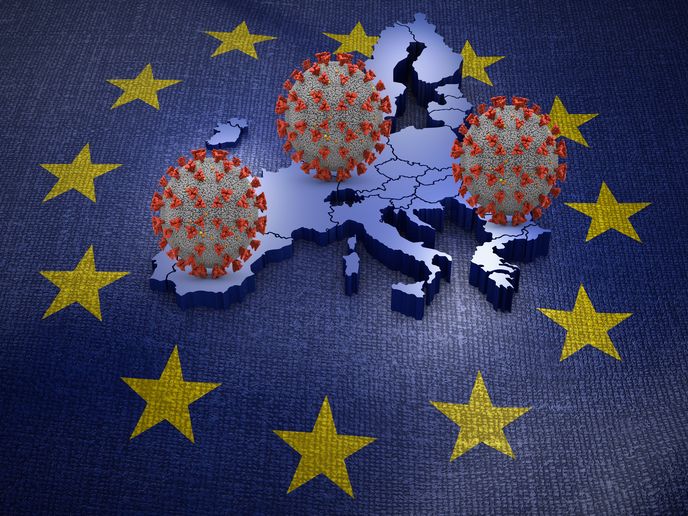Putting the needs and rights of elderly citizens at the heart of urban solutions
Three of the biggest challenges currently facing Europe – an ageing population, urbanisation and environmental change – are mutually reinforcing. As a consequence, building communities which are more attractive to live in (socially, economically, environmentally and culturally) requires transdisciplinary solutions. In recognition of the complexity and breadth of the task at hand, the Marie Skłodowska-Curie action project GRAGE, drew from a diverse skill-set to identify topics, ideas and initiatives that promote an active elderly citizenship across the three key research areas of: ‘construction and buildings’, ‘mobility and connecting people’, and ‘inclusive living, including urban agriculture and food’. Spotting intervention opportunities GRAGE emerged from concerns that the problems resulting from increased urban sprawl are usually tackled from very technical perspectives, often missing the underlying social drivers and so opportunities to address them. Consequently, the team realised that this calls into question the relevance of the dominant European urban development models which don’t always adequately account for the impacts of demographic decline, continued natural resource depletion and, in the case of the project’s specific research interest, an ageing population. The team started by investigating the actual needs, values, opinions and behaviours of older people, then applied these to key thematic areas such as: human rights, buildings, resource efficiency, information and language technology and ageing society industries. The researchers (from different disciplines, representing legal, economics, humanities and engineering perspectives) then drew on this knowledge to develop specific solutions. For example, within the ‘construction and buildings’ research area, guidelines and recommendations were created for an international certification standard to classify buildings according to how well they take account of the needs of elderly people. “We wanted to combine ‘smart and green city’ innovations with our efforts to boost inclusiveness, for a more harmonious society,” says project coordinator Prof. Francesca Spigarelli. These solutions have lead to some noteworthy spin-offs. An example being the start-up initiative, Senior Caring Nomads in the Netherlands. This is developing a digital platform for tourism in lesser-known, attractive, rural settings. It aims to connect organic and care farms with older adults (aged 60-75) interested in traveling and volunteering, in exchange for affordable accommodation and free meals. Right to the city GRAGE has resulted in several policies which could not only lead to more inclusive, age-friendly urban environments, but also actively engage older people in the governance of these environments. “The protection of elderly human rights and the effectiveness of their ‘right to the city’ includes the participation of citizens in the democratic process and in city governance. We demonstrated that, in this context, access to digital information and communication technologies plays an important role, as these increasingly shape social policies,” says Prof. Spigarelli. “But this digital space isn’t simply impartial. It can be inclusiveness or divisive, transparent or opaque, depending on what choices people make. So digital policies need to address the values of inclusive citizenship." This kind of social collaboration will likely spark a range of economic returns, with more targeted sustainability solutions leading to new business opportunities for European companies. Currently, the team are developing a new proposal for further EU funding to investigate the link between innovation and law, while also looking at how blockchain technology could be used to improve citizen welfare and enable new form of democracy within cities.
Keywords
GRAGE, ageing, elderly, human rights, inclusive, governance, digital, urban, city, demographic, mobility, buildings







